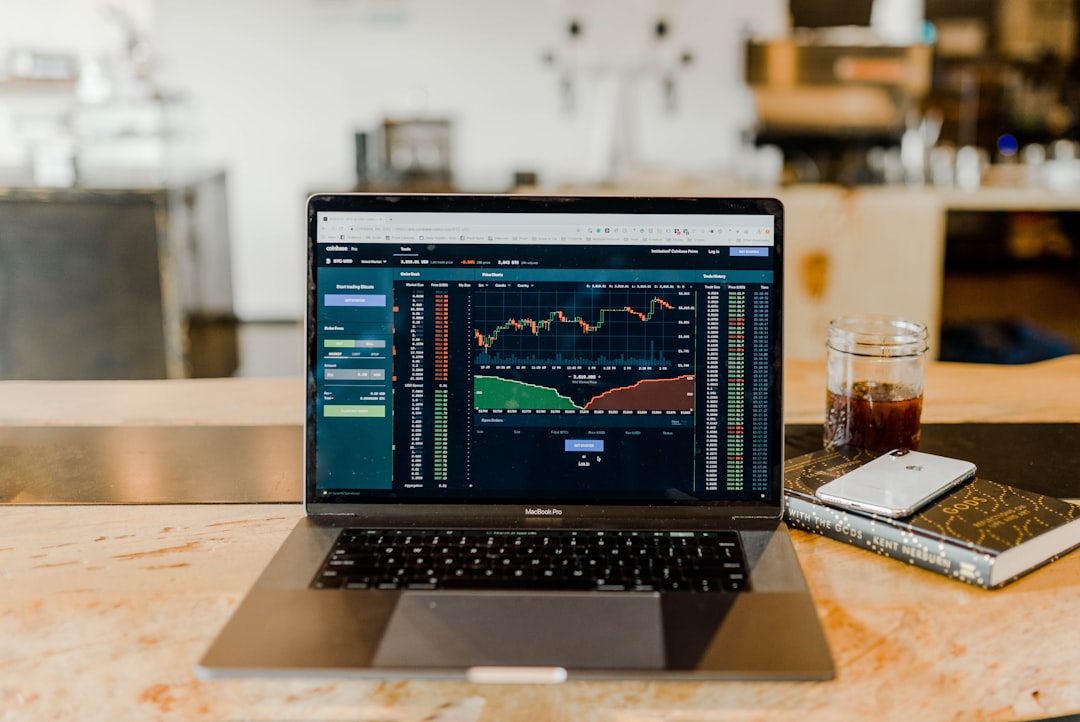 Photo from Unsplash
Photo from UnsplashOriginally Posted On: https://www.wallstreetoasis.com/forums/how-to-monitor-hedge-fund-roi
Accurate, detailed monitoring of hedge fund performance is more important than ever. The growing attention to this corner of the financial sector, combined with recent technological advancements allowing hedge funds to unlock their true potential, are both factors that have really driven home the importance of understanding the performance of a hedge fund, and improving its ROI (Return On Investment). There are some established approaches to that – let’s take a look at the current situation.
What Is a Modern Hedge Fund?
A hedge fund is, put simply, an investment pool combining the resources of multiple investors looking to maximize their performance on the market by taking advantage of as many different investment schemes as possible. Since some strategies require significant funding, investing in a hedge fund is a great way to get involved in these parts of the market without having a substantial financial backing to begin with. Still, a hedge fund does require a higher contribution than most other investment platforms, making it a somewhat exclusive approach to the financial market.
Tracking Hedge Fund Performance – an Overview
The Sharpe Ratio is one of the classic instruments for measuring the performance of hedge funds, and still enjoys a lot of relevance today. The S&P 500 also has a list of Sharpe Ratio for each entry, making it relatively easy to track the performance of a hedge fund by this factor. Volatility is another important measurement point, as a good hedge fund should lean towards the lower ends of the volatility scale. Going towards 15% is seen as excessive in most cases, with some small exceptions, and most hedge funds manage to remain below a 10% rate of volatility.
Things to Know About Hedge Fund ROI
It’s important to understand how hedge funds work on a fundamental level, and what to expect from the performance of the average one. Typically, a hedge fund is seen as a long-term investment platform, and one that requires a higher upfront contribution in order to make it viable. Hedge funds should specifically orient themselves towards diversifying their own portfolios, as this often stands to bring in the biggest influx of potential investors. In addition, the actual strategy employed by the hedge fund needs to be as transparent as possible to contributors, especially if the fund is utilizing some more innovative approaches to the market.
How to Monitor Hedge Fund ROI
Monitoring hedge fund ROI often relies on advanced technological solutions nowadays. The market has evolved significantly in this regard, requiring hedge funds to stay on top of their technological game in order to remain competitive. Among the various solutions that we’ve seen, MetaTrader 5 has emerged as a strong competitor, and has established a place as a solid choice for many large hedge funds. The platform features advanced automation capabilities, while still giving hedge fund managers precise control over their investments and strategy.
Another great aspect of MetaTrader 5 in this context is the extensive customization potential of the platform, with full support for MQL5, Python and SQL for automating tasks and defining workflows. The platform also receives active support from its developers, further improving its long-term potential on the current market.
Understanding the intricate mechanisms behind hedge funds and their ROI is crucial for anyone willing to get involved in that market. Working with the right platform is also a crucial choice that requires extensive research.
